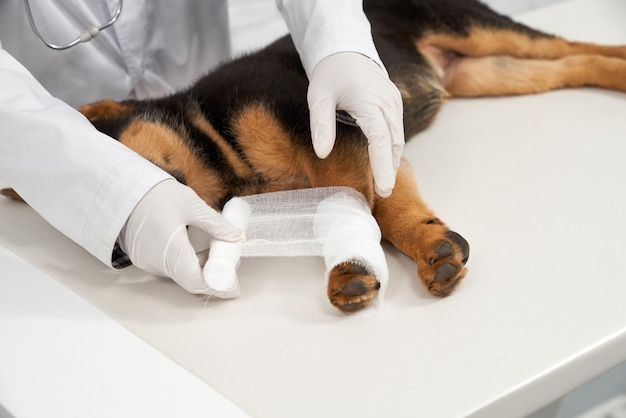The Role of Nutrition in Your Pet’s Life


Why Nutrition Matters for Your Pets
Good nutrition is the foundation of a healthy and happy life for your furry companions. Just like humans, pets thrive when their bodies are fueled with the right balance of nutrients. Whether you have a playful puppy, a curious cat, or a senior pet enjoying their golden years, their dietary needs play a significant role in their overall well-being.
Food isn’t just about filling their bellies—it’s about giving them the energy to chase their favorite toys, the nutrients to keep their coats shiny, and the support their immune systems need to ward off illness. Choosing the right diet is one of the most impactful ways you can care for your pet.
Understanding Your Pet’s Nutritional Needs
Each pet is unique, and so are their nutritional requirements. Factors like age, breed, size, activity level, and even health conditions influence the type of food they need. Puppies and kittens, for example, require high-calorie diets rich in protein and fats to fuel their rapid growth and boundless energy. Meanwhile, senior pets may need a diet tailored to maintain healthy joints and prevent weight gain.
It’s also important to recognize that nutritional needs can shift throughout a pet’s life. For example, a high-energy dog may need more calories during their active years, but as they age and slow down, their diet should be adjusted to prevent obesity.
What Makes a Healthy Diet for Pets?
A balanced pet diet typically includes proteins, fats, carbohydrates, vitamins, and minerals. Proteins are the building blocks for strong muscles and tissues, while fats provide a concentrated source of energy and keep their skin and coat healthy. Carbohydrates are a great source of energy, especially for active pets, and vitamins and minerals support everything from immune health to strong bones.
However, not all pet foods are created equal. Look for high-quality ingredients, and avoid those packed with fillers, artificial additives, and unnecessary preservatives. If you’re unsure about which brand or type of food to choose, consult your veterinarian—they can provide guidance tailored to your pet’s needs.
How Poor Nutrition Can Impact Your Pet
When pets don’t receive the proper nutrients, it can lead to various health issues. Overfeeding or underfeeding your pet can result in obesity, malnutrition, or conditions like diabetes and heart disease. An imbalanced diet can also affect their mood and behavior, leaving them lethargic, anxious, or irritable.
Inadequate nutrition over time may weaken their immune systems, making them more susceptible to illnesses and infections. This is why providing a nutritionally balanced diet isn’t just about today; it’s about setting them up for a longer, healthier future.
The Role of Treats and Special Diets
Treats are a great way to bond with your pet, but they should be given in moderation. Too many high-calorie snacks can add up quickly, leading to weight issues. If your pet has allergies, sensitivities, or a chronic condition, such as kidney disease, they may require a specialized diet. Always consult your veterinarian before making changes to your pet’s food plan.
Nutrition and Preventative Care Go Hand in Hand
Feeding your pet a healthy diet is just one piece of the puzzle when it comes to preventative care. Regular wellness exams, vaccinations, and dental care are essential to catching and addressing potential issues early. At Blue Waters Animal Hospital, we believe nutrition is a cornerstone of proactive pet health care.
Your pet’s diet plays a critical role in their health, happiness, and quality of life. By understanding their unique nutritional needs and providing them with high-quality food, you’re helping them live their best lives. Remember, your veterinarian is your best partner in crafting the ideal nutrition plan for your pet.
Blue Waters Animal Hospital is coming soon! Quality care for your pets starts in the spring of 2025. Have questions? Call us at 770-299-2007.




















